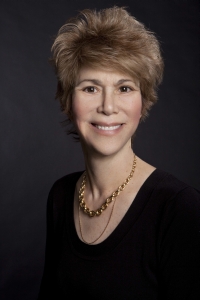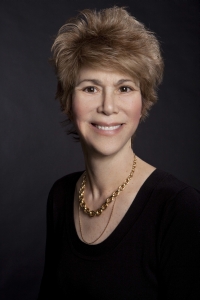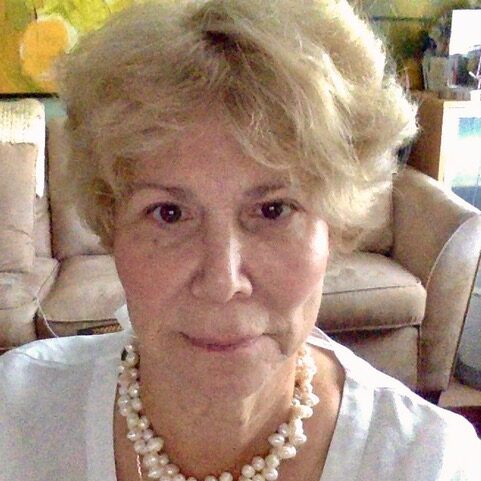President Sarkozy makes a Bold Move that may have Negative Ramifications
- SUBSCRIBE
- ALREADY SUBSCRIBED?
BECOME A BONJOUR PARIS MEMBER
Gain full access to our collection of over 5,000 articles and bring the City of Light into your life. Just 60 USD per year.
Find out why you should become a member here.
Sign in
Fill in your credentials below.
 On Monday June 22, France’s President addressed a Parliament meeting that took place in Versailles where he addressed one of the most hotly contested social issues debated in France.
On Monday June 22, France’s President addressed a Parliament meeting that took place in Versailles where he addressed one of the most hotly contested social issues debated in France.
It’s whether or not Muslim women should be permitted to wear the traditional burqa that totally cloaks her body and essentially all of her face.
Sarkozy stated, “The issue of the burqa is not a religious one. It’s a question of freedom and of women’s dignity,” President Sarkozy said, adding, “It’s a sign of the subjugation and the submission of women.”
“In our country, we cannot permit women to be prisoners behind a screen, cut off from all social life, deprived of all identity,” Sarkozy said to extended applause from the lawmakers, who gathered for the meeting at Versailles, where French kings once held court.
But there were mixed messages in the mandate: an admission that the country’s long-held principle of ethnic assimilation that insists newcomers shed their traditions and adapt to French culture is failing because it doesn’t give immigrants and their French-born children a fair chance. President Sarkozy solemnly stated that the burqa would not be welcome in France.
Mohammed Moussaoui, president of France’s Representative Muslim Council, said he agrees with President Sarkozy’s position on burqas, calling them “an extremely marginal phenomenon.” His group promotes a moderate version of Islam. “When we meet women who wear burqas, we try to educate them and explain that moderation is a better choice,” Moussaou says.
The unemployment rate for immigrants and their French-born children is higher than the national average. Many children of immigrants complain about discrimination, saying they get passed over for jobs because they have “foreign-sounding” names.
France’s three-week wave of riots in 2005 was partly attributed to the frustration felt by many children of North African and black immigrants over not being able to obtain jobs. They have fewer opportunities and less education than the average white French student.
Dalil Boubakeur, director of the largest mosque in Paris, said Sarkozy’s push to keep out the burqa is typical of French culture. Boubakeur is concerned this pronouncement might inflame tensions among Muslims. France is home to Western Europe’s largest population of Muslims, estimated to be between three and six million. A small but growing group of French women wear burqas and niqabs, which either cloak the entire body or cover everything but the eyes.
The French government has been divided on a burqa ban. Immigration Minister Eric Besson said a ban would only “create tensions.” His colleague Rama Yade, Junior Minister for Human Rights says she’s open to a ban if it’s aimed at protecting women forced to wear the burqa.
The burqa has come under criticism in some parts of Europe. In 2003, Sweden’s National Agency for Education gave schools the right to ban pupils from wearing burqas if it interferes with the teaching or safety regulations.
The issue of a whether or not women should wear burqas isn’t simply about costume but has more to do with women’s rights. Some people are concerned that there will be demonstrations.
But what the world has watched transpire in Iran may change Westerners’ perspectives. Many people with whom I spoke are of different opinions. Some say that no government has the right to dictate what people do or don’t wear while other people feel that people who are singled out as not melding into the mores of the society that they live is putting them at an enormous disadvantage.
What do you think? This is a sensitive issue and most especially right now.
For background and context on the burqa, access http://en.wikipedia.org/wiki/Burqa.
© Paris New Media, LLC




